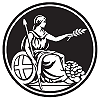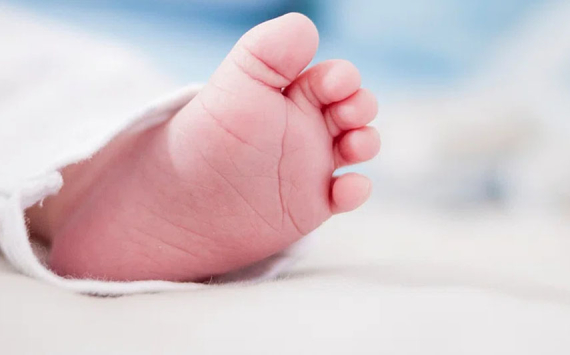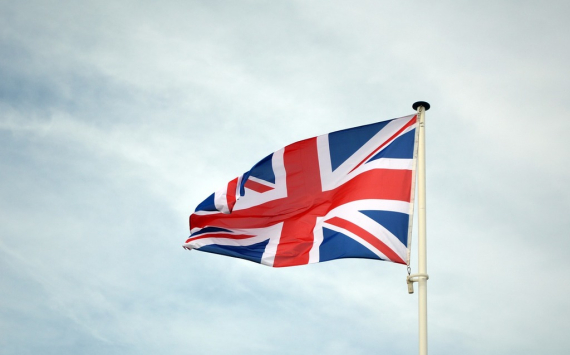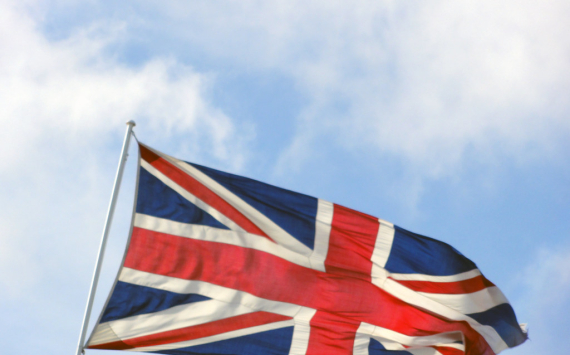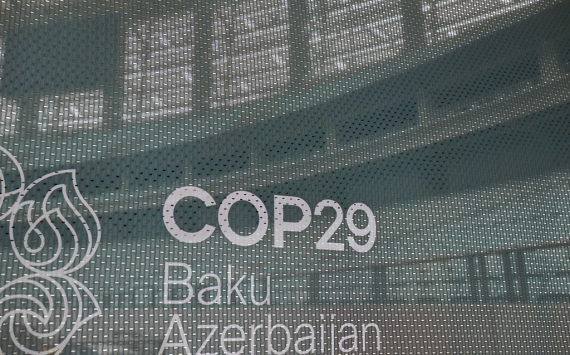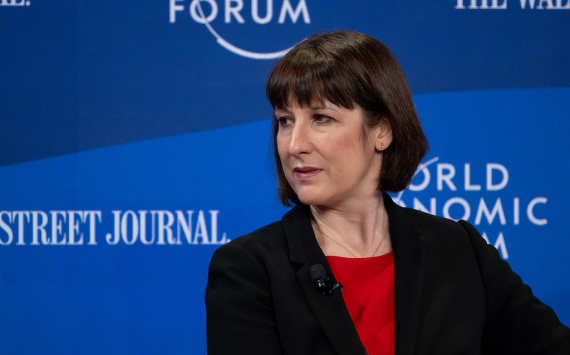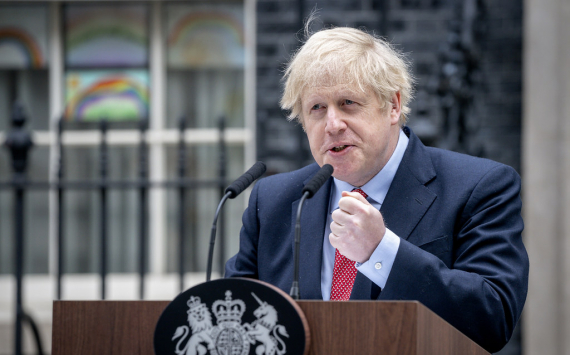
UK economy
The British government's response to the country's difficult economic situation will be to cut taxes, reduce the number of officials and expand housing stock. British Prime Minister Boris Johnson said this on Thursday during a speech in Blackpool, which was broadcast by Sky News TV channel.
However, he refused to go into detail about what kind of tax relief his cabinet was preparing. Johnson also stressed that trying to cope with rising inflation by raising wages would lead to stagflation and an increase in the interest rate, which would negatively impact on the level of business activity in the country, which, on the contrary, needs to be stimulated.
"None of this will be quick and easy, but rest assured that the situation will get better and we will emerge from the crisis as a strong country with a healthy economy," the prime minister promised.
Johnson also said his government intends to cut tens of thousands of government officials and civil servants, whose number has increased by 23% since 2015.
He also pledged that his cabinet would tackle housing inaccessibility caused by rapidly rising property prices and a shortage of housing stock. The government remains committed to a target of 300,000 new homes in the UK by the middle of the decade.
According to a forecast by the Organisation for Economic Co-operation and Development (OECD) presented on Wednesday, the UK economy will show the lowest GDP growth of any G20 country except Russia in 2023 due to the effects of the conflict in Ukraine, the pandemic and Brexit.
While the UK economy will grow by 3.6% in 2022, the OECD estimates that it will grow to zero in 2023. At the end of April, annual inflation in the UK reached 9%, the highest in 40 years, and the Bank of England estimates that it will exceed 10% by the end of the year.
Earlier, the London-based Centre for Economics and Business Research released a report which warned that the UK risks the biggest fall in living standards since the 1950s.




